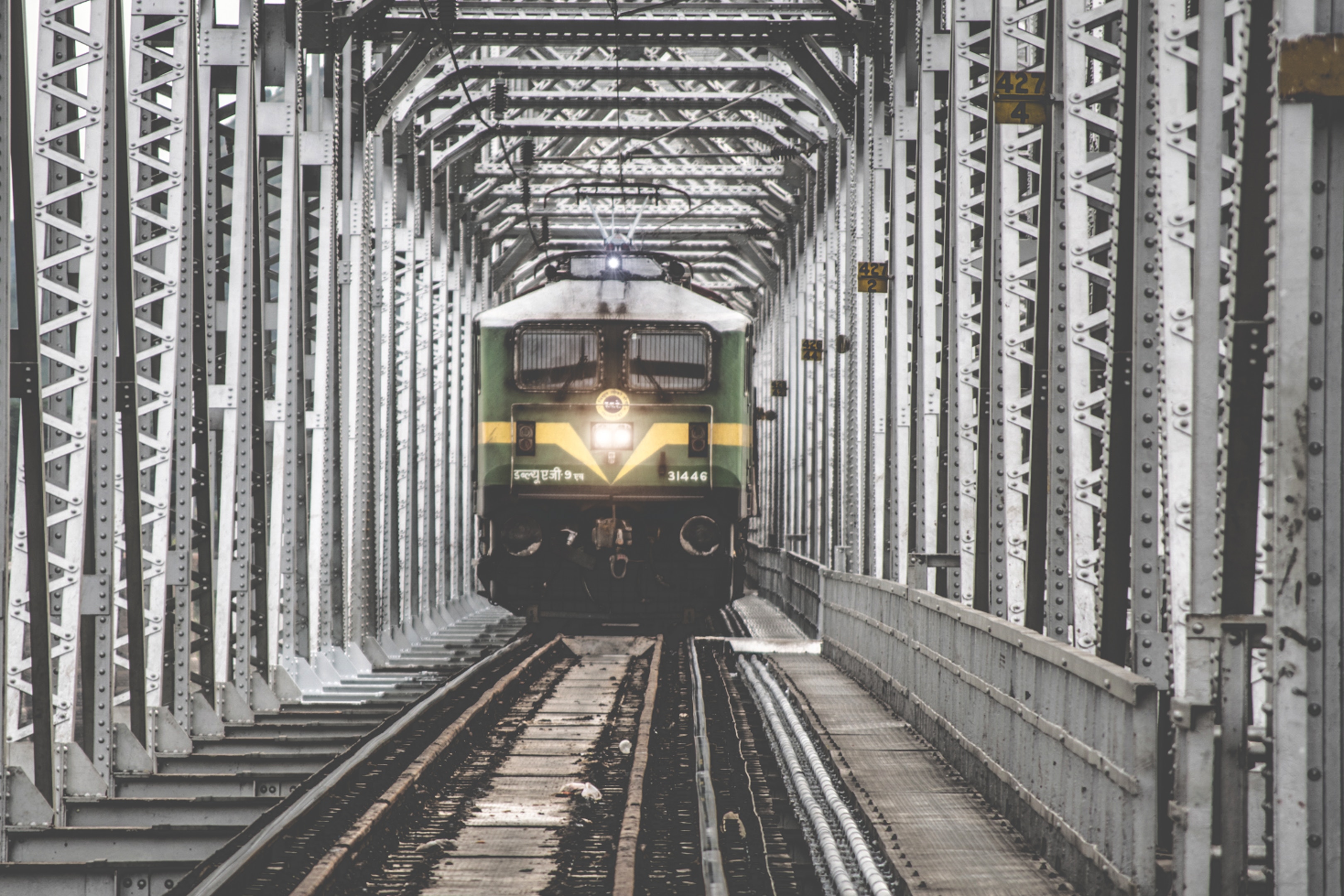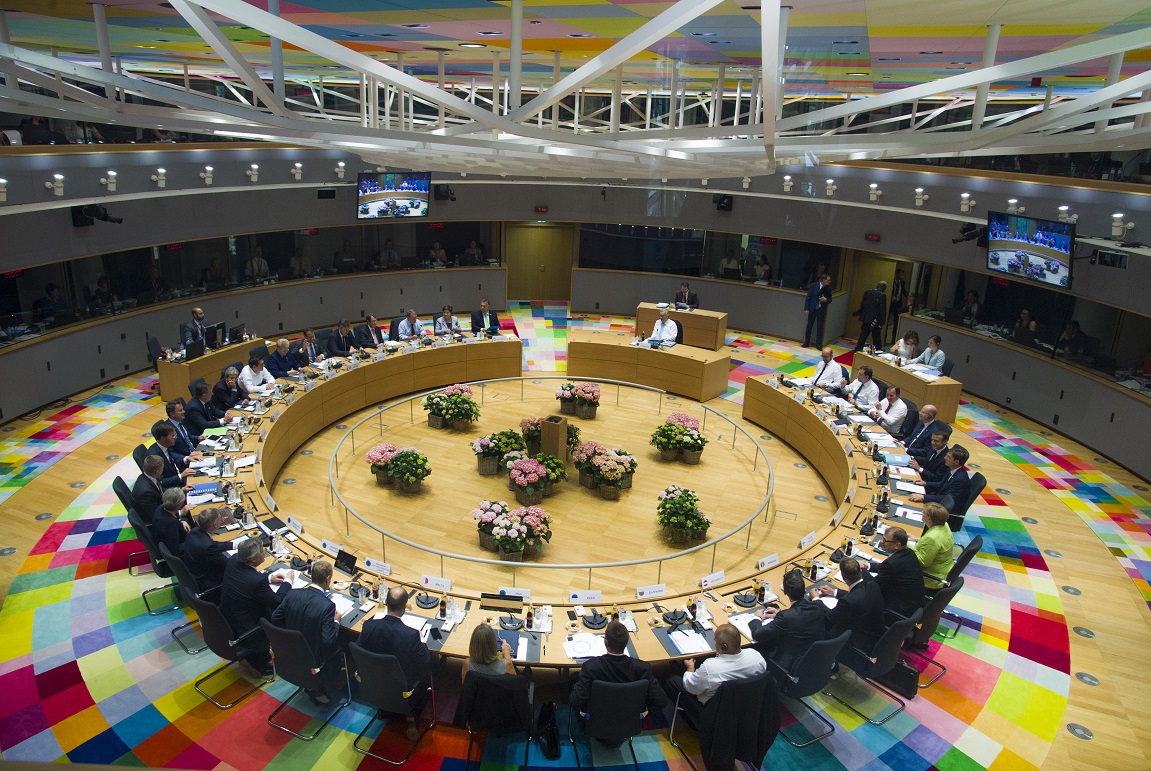
Written by Giacomo Migliore
Following a non-decisive solution for Brexit, we saw a big delegation from China in Italy, Monaco, and France. In the meantime, political parties and politicians across the continent are making the last preparations ahead of the European Elections which are set to take place between the 23rd and the 26th of this month. These are the headlines in this issue:
- The EU and China: friends or woes?
- The Brexit Saga: …not today!
- This month’s appointment: The Elections
- Literature and the European Union: Perhaps not everyone knows this?
The EU and China: friends or woes?
This spring a Chinese delegation landed twice in Europe. From the 21 to–26 March, the Chinese President, Xi Xinping visited Italy; the Principality of Monaco and France. Italy is the first country of the G7 group to sign a Memorandum of Understanding in the context of the Belt and Road Initiative. However, its government has been reproached for lack of coordination by its western allies – the United States and some European countries – before signing the document. In France, Xi Xinping met the European Commission president Jean-Claude Juncker and German President Angela Merkel alongside French president Emmanuel Macron to speak about reciprocity in future relations between the two regions.
In April we had the 21st Eu-China summit. Until the very last moment, there was a reason not to expect any joint statement from the summit, both because the EU labeled China as a “systemic rival” in a strategic communication, and because the Chinese initially delegation refused to make some concessions. At the end of the summit, however, a joint statement was released, in which both parties committed to reform together with the World Trade Organization rules for subsidies. They also agreed to speed up talks to protect investments and geographical indications. The very firm stance of the American delegation in the ongoing negotiations between the US and China probably played a favourable role for the EU and China summit. The former could show that its soft power approach to international relations bares results and the latter demonstrated that it can be compromising and reasonable.
The Brexit Saga: …not today!
In the last Brussels Briefing issue, we were left without much clue on the course of the Brexit process. In fact, an extension has been negotiated by the EU27 (the EU Member States except for the U.K.).There have been mixed reactions, with initial proposition ranging from no extension to a one-year extension. As of now – the Brexit date will be on October 31, 2019. This means that British citizens will participate in the European Elections. In fact, if the U.K. fails to hold European Elections as it is still in the European Union, this would have the consequence of possibly invalidating all legislative actions taken by coming European Parliament.
In a statement issued by the European Council President Donald Tusk towards the possibilities ahead of the British political leadership, he said, “[The U.K.] can still ratify the Withdrawal Agreement, in which case the extension will be terminated. It can also reconsider the whole Brexit strategy. That might lead to changes in the Political Declaration, but not in the Withdrawal Agreement. Until the end of this period, the U.K. will also have the possibility to revoke Article 50 and cancel Brexit altogether.” Currently, talks between the Conservatives and the Labour party are being carried out, but without much hope of ratifying the Brexit deal or finding a new solution anytime soon.
This month’s appointment: The Elections
The European Parliament published its latest seat projections at the end of April. What became clear in the last months was that the so-called Eurosceptic parties are far from the majority: 234 Eurosceptics, 452 pro-EU MEPs and 65 unknowns in a parliament of 751 MEPs (United Kingdom seats are counted again, given the U.K. participation in the elections). Moreover, their needs are often divergent from one another i.e on fiscal rules and migration, for example, Southern and Northern Eurosceptic parties do not agree. Nevertheless, there is someone trying to figure out a possible alliance: Matteo Salvini, Italy Interior Minister and #1 of Politico 2019 list of 28 personalities shaping Europe in the year to come, is trying to lure Marine Le Pen and Viktor Orbán into one group in next European Parliament.
The biggest change in the next 5 years parliament is that the European People’s Party and the Socialists and Democrats will no longer have a majority of seats (376), with 180 seats projected for the EPP and 149 for the S&D. Theoretically, either the liberal group ALDE (76 seats) or the Greens (57 seats) could help to fill the gap.
Literature and the European Union: Perhaps not everyone knows this?
There are already a bunch of novels that talk about the state and stages of the European Union from within its institutional bodies. Think about Les Compromis of Maxime Calligaro and Eric Cardére and Sammanflöden of Jonas Sjöstedt. Earlier this spring Die Hauptstadt was translated into English, titled The Capital. It was originally written by Robert Menasse and published in 2017. Robert Menasse is probably the most well-known novel author among those who wrote a novel staged in Brussels. If you are looking for the next interesting novel, consider this one!

 The ’Ndrangheta’s Infiltration and Threat to European Institutions
The ’Ndrangheta’s Infiltration and Threat to European Institutions  From Paper to Practice: How Grassroots Norms Undermine Gender Rights in Pakistan
From Paper to Practice: How Grassroots Norms Undermine Gender Rights in Pakistan  Exploited Childhoods: The Role of Global Corporations in Perpetuating and Mitigating Child Labour
Exploited Childhoods: The Role of Global Corporations in Perpetuating and Mitigating Child Labour  Human Rights Challenges in Addressing SLAPPs in Media, NGOs and Journalism in the EU
Human Rights Challenges in Addressing SLAPPs in Media, NGOs and Journalism in the EU 


